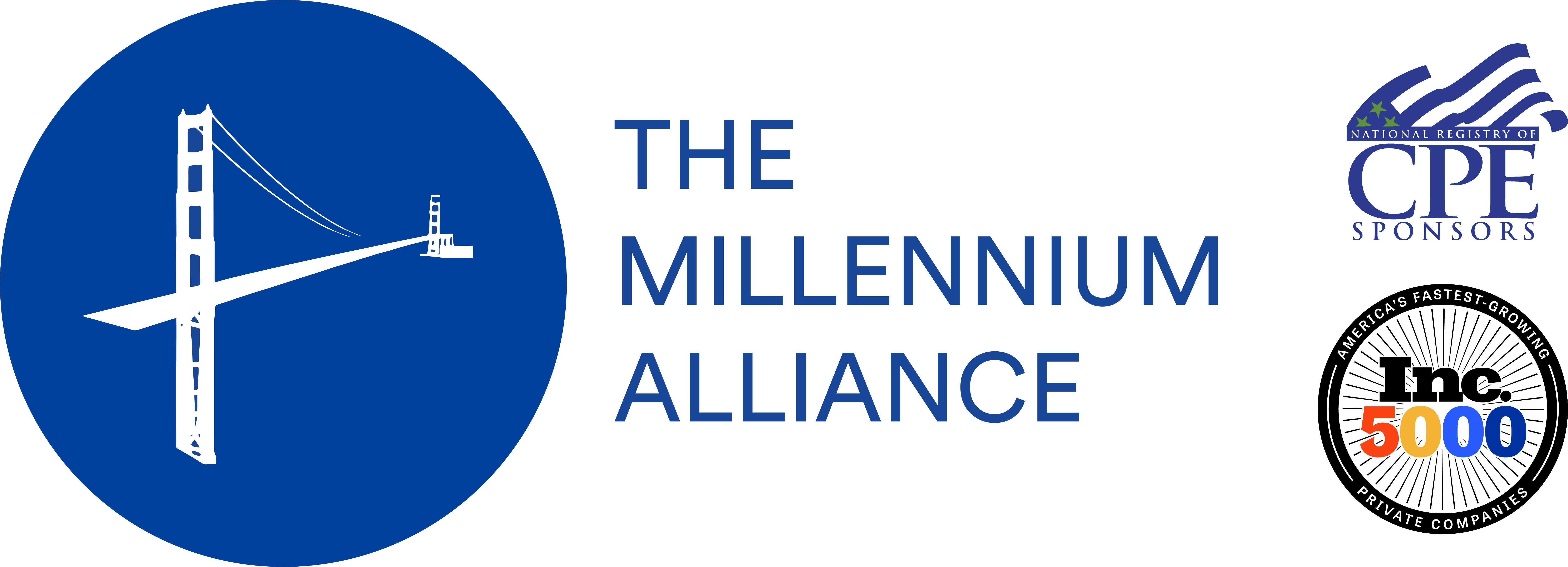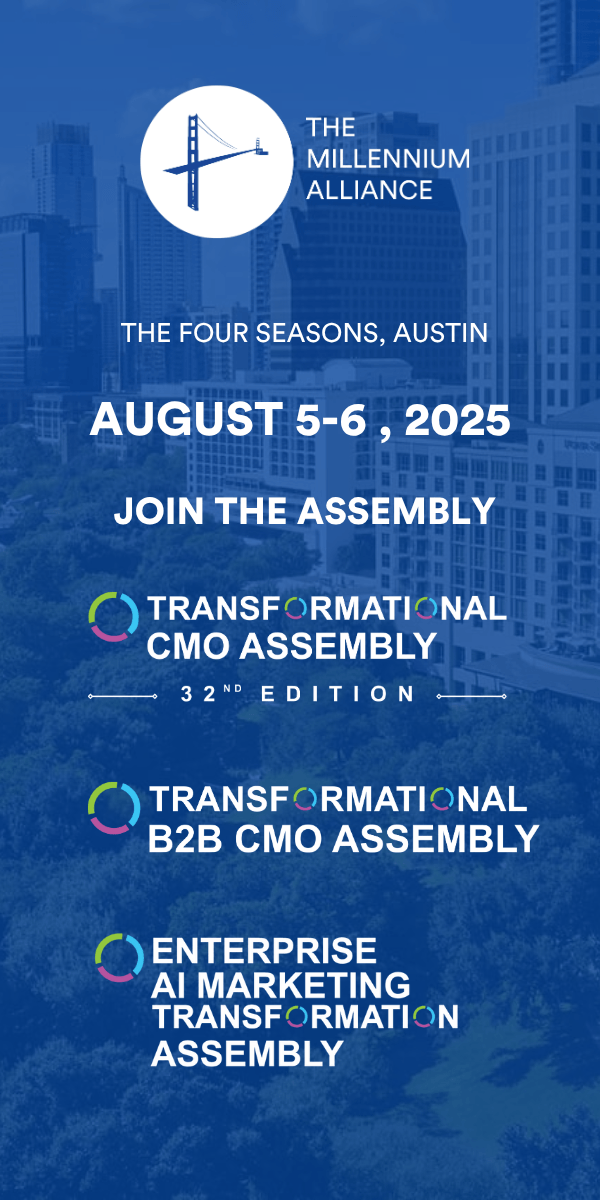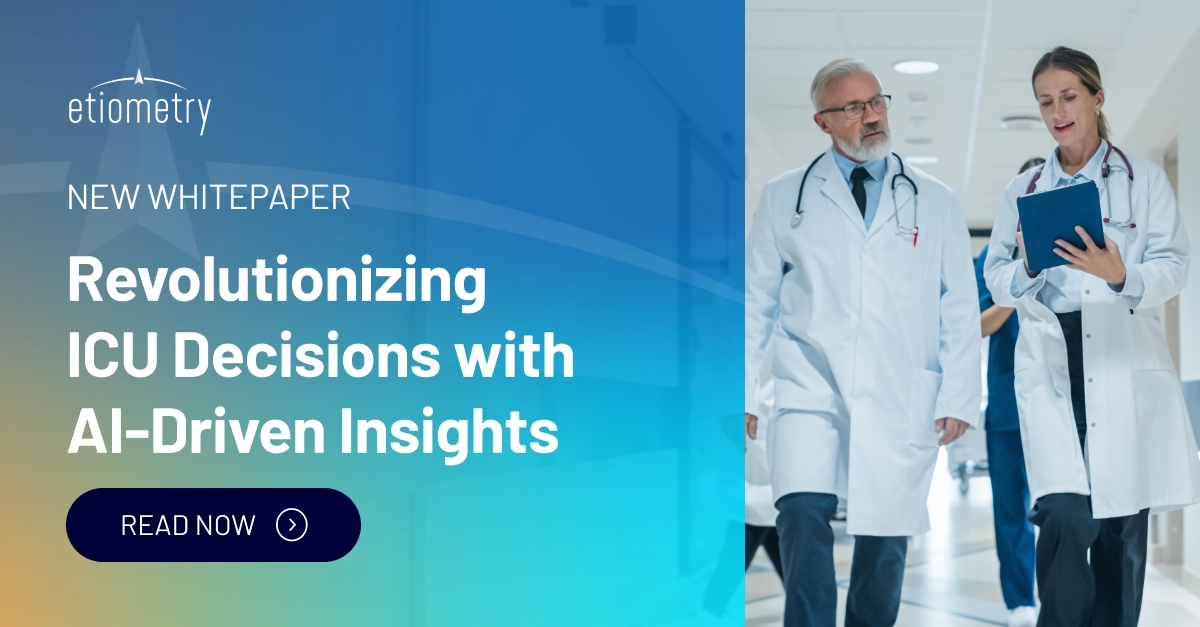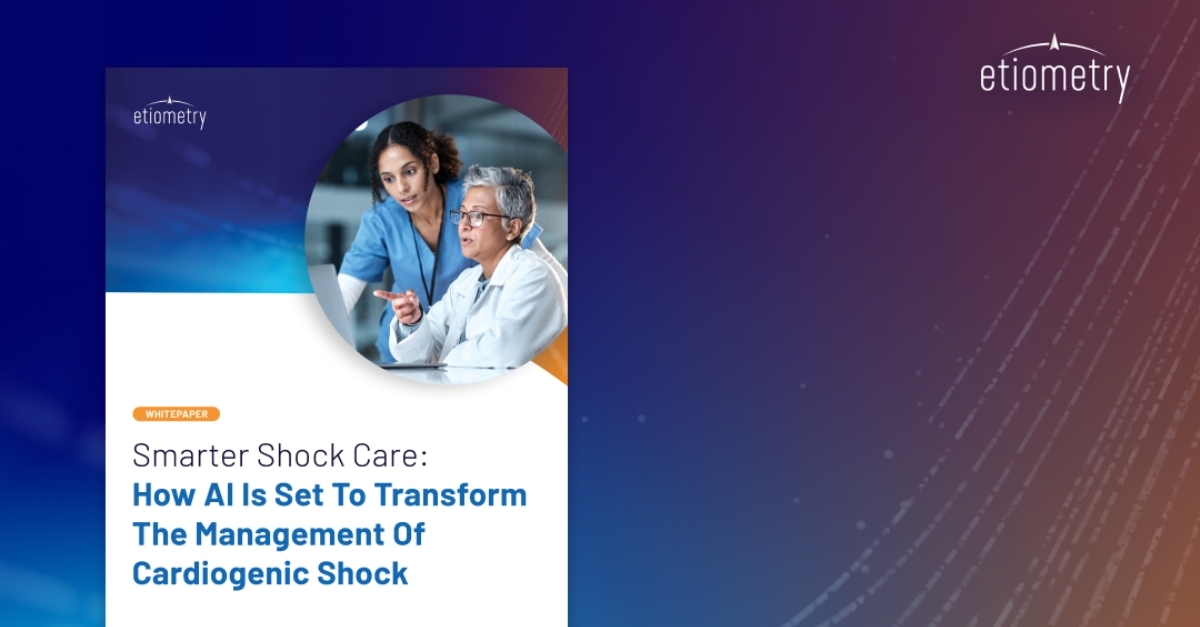Hospital leaders are acutely aware that one of their biggest unmet challenges is optimizing the use of high-intensity care settings to most effectively manage high-risk patients. AI-based risk models are becoming a key tool to support care teams in making real-time decisions about patient status and the ideal level of care. Hospital researchers have not ignored the challenge of identifying decompensating patients early. Numerous studies have shown that early identification of deteriorating patients in hospital units outside of critical care can improve mortality rates and clinical outcomes—and reduce costs. Check out this report from our partners at Wolters Kluwer to learn more about these studies and evidence that supports the strong need for AI-driven early warning systems.
AI-Driven Clinical Surveillance Accurately Identifies Patient Risk and Informs Objective Care Decisions
- By milladmin
- in Healthcare
- on February 12, 2021
Looking for Something?
Recent Posts
Optimizing ICU Decision-Making with Etiometry: An AI-Powered Clinical Intelligence Platform Read more
Smarter Shock Care: How AI Is Set To Transform The Management Of Cardiogenic Shock with Etiometry Read more
#MillenniumLive: Digital In-Roads: How Virtual Mental Health Care is Revolutionizing Emergency Settings With Iris Telehealth Read more
#MillenniumLive: Innovation at the Core: How Mindray is Making Healthcare More Accessible Read more
PUBLISHED BY milladmin
View all posts by milladmin














